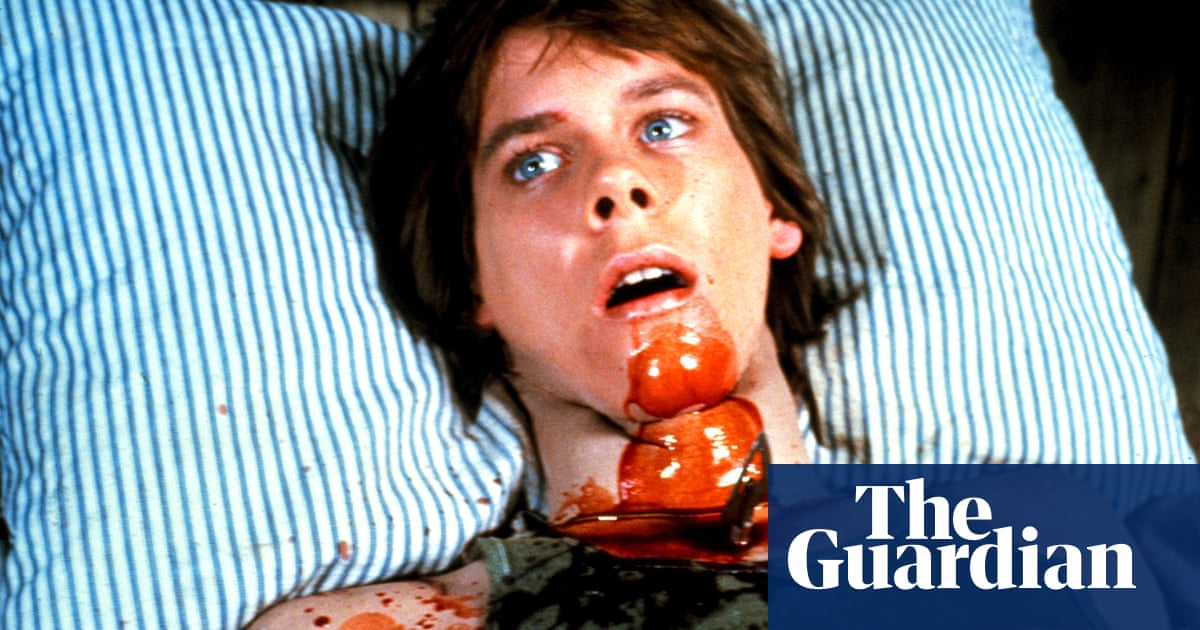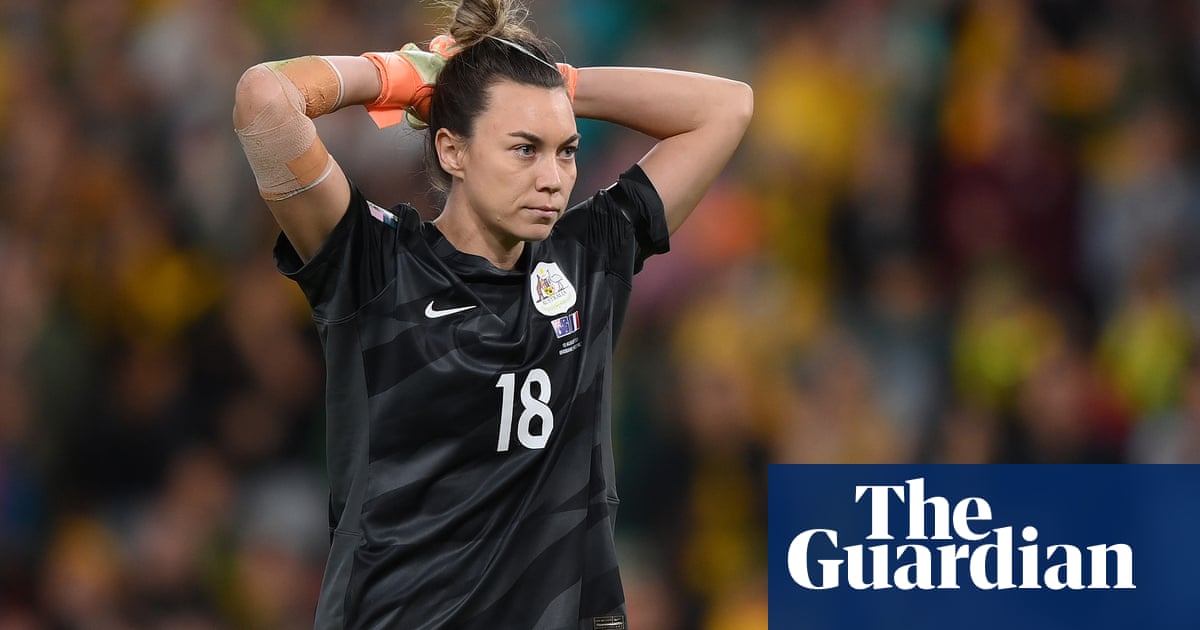
The Bridge’s production was one of several Dreams staged at the same time last summer. Why do you think the play is so popular?
It’s one of the few Jacobean comedies where the gags are still good – you’re not forced to laugh at someone talking about their codpiece. It’s my favourite Shakespeare. When it works, it casts a twinkling, balmy, witching magic where anything is possible. And at the centre of it is love. I’ve been in A Midsummer Night’s Dream twice now. In 2010 I did it at the Rose in Kingston in a Peter Hall production with Judi Dench as Titania. I played Bottom that time. It was a big deal for me. Someone called me up and said: “You’re on the front cover of the Times!” I was so excited – then saw it was a picture of me in the bloody donkey’s head and I didn’t even get a namecheck in the caption. I’ve a huge affection for donkeys. I’m very happy with my Ass-ociation.
In Nick Hytner’s production you play Theseus and Oberon, two roles that are commonly doubled. But you also speak some of Titania’s lines and it’s you who falls in love with Bottom, not Gwendoline Christie as Titania.
Nick was telling me about his idea for the play long before. I was angling for a role, and he told me who he had in mind and it wasn’t me! But the wheels of time turn and things change. Nick was keen to unlock the play. If you don’t do that gender switch it’s a play about a man who steals his wife’s stuff, drugs her, makes her have sex with a donkey and then wants her to forgive him and let him keep the boy he stole. That’s a pretty patriarchal, misogynistic tale. The gender switch makes it a morality piece and an allegory. In our version, Oberon is the learning avatar for Theseus, a tyrannical, hyper-religious Gilead-style ruler who is forcing young girls to marry for the wrong reasons. Over the course of a night this tyrant learns the value of love. I’m a huge cheerleader of Nick’s. He is probably the greatest playmaker we have in this country.
What is he like to work with as a director?
On One Man, Two Guvnors, laughter was banned in the rehearsal room. That was largely my fault. I kept messing about. He stopped a rehearsal and tore strips off me in front of everybody. I’m so thick I didn’t realise he was being serious. He called me the most disreputable actor he’d ever worked with. We’ve worked together several times since. I love working with him. His judgment is brilliant. He knows what he wants. He lets actors get on with their acting and if he needs you to do something differently he asks you. I find that structure extremely useful.
A Midsummer Night’s Dream reflects upon our impact on the environment. It’s being streamed at a time when nature is almost bouncing back from pollution.
The play has some of the most beautiful nature poetry: “I know a bank where the wild thyme blows / Where oxlips and the nodding violet grows.” Titania usually has the speech about what’s happened to the world, with the rivers overflowing and the fields covered in mud. I spoke those lines as Oberon. It was my favourite moment – I don’t think people noticed it amid all the craziness and hilarity. It’s a complicated speech but poignant and pertinent right now.
How easy was it to keep a straight face during the comedic scenes with Hammed Animashaun (as Bottom), especially so close to the audience who – in Bunny Christie’s immersive design – are right next to you?
You never become immune to it – I’m terrible for keeping a straight face. Those scenes with Hammed are really funny but they have innocence and vulnerability. The characters are so enraptured with each other that, after a couple of weeks of doing it, it wasn’t that funny. The situation is funny for the audience not for the characters. Theatre is about energy between the actors and that matrix with the energy of the audience. When things fire it all comes into harmony. Having sat at home for the last three months of lockdown it’s a real honour to remember these times, all that magnificent energy people create when they are in a room together.
One Man, Two Guvnors must have been such an energy rush. How did it feel when your run came to an end?
I did 425 performances including just under six months, eight shows a week, on Broadway. That play was so joyous and off the rails, we had so much fun. But by the end I was ready to say cheerio to Stanley Stubbers, as much as I carry him with me everywhere I go. I used to get very upset, when I watched Broadway shows, that the audiences applaud the star’s first entrance. I found it annoying. But in my last show, I came on striding on stage and was about to open my mouth, and the audience went crazy. I was stood opposite James Corden, listening to this applause and trying to hold the moment. James cocked an eyebrow at me. When I went off stage I had a tear in my eye. Never have I felt so special – and such a hypocrite!
A Midsummer Night’s Dream is a celebration of acting, particularly with the Mechanicals troupe. When did you fall in love with acting?
I come from Tunbridge Wells, a very middle-class, delightful and supportive family. When I was about six, we moved house and my mum and dad threw a big party. These two entertainers came round, John Vine and Martin Ball, and did skits among the guests. I saw these two guys horsing around and couldn’t believe it. My six-year-old brain exploded. I couldn’t believe you could do that for a job. My dad was an accountant; my mum ran a bookshop. John Vine put me in a show and I joined the local youth theatre. When my mum took it over, I got to play all the good roles!
A Midsummer Night’s Dream streams on YouTube from 7pm on 25 June as part of National Theatre at Home. It will be available until 2 July.












